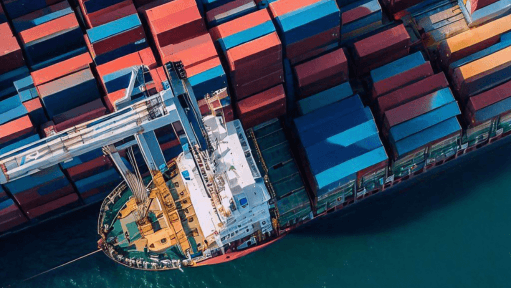
Revolutionizing Maritime Law in the UAE: Key Changes and Industry Impacts
An Overview of Federal Decree-Law No. 43 of 2023 and Its Implications for Global Maritime Business
The UAE introduced a new maritime law—Federal Decree-Law No. 43 of 2023—that came into force in March 2024, replacing the older Federal Law No. 26 of 1981. This reform reflects the UAE's strategic initiative to modernize its maritime laws to meet international standards while maintaining a business-friendly environment. The ongoing reforms are expected to enhance its position as a global maritime hub and foster maritime business growth. Below is an overview of the key changes in the new UAE maritime law and their prospects for the industry.
-
Vessel Ownership and Registration
Under the previous law, vessel ownership was restricted to UAE nationals or companies with majority UAE ownership. The new law broadens these criteria, allowing entities with a business presence or domicile in the UAE and nationals from other Gulf Cooperation Council (GCC) countries to own UAE-registered vessels. This expansion aims to attract foreign investment by creating a more inclusive environment for maritime business. It is expected to spur growth in related industries such as shipbuilding, logistics, and insurance, further cementing the UAE’s position as a key maritime center.
Additionally, the law facilitates the registration of under-construction vessels and foreign-registered vessels under charter agreements for at least six months. This provision simplifies the process for charterers to operate in UAE waters and enhances the country’s appeal as a shipping center.
-
Vessel Arrest and Security
The new law enhances the legal mechanisms for vessel arrest by aligning UAE law with the 1999 Arrest of Ships Convention. Previously, arrest procedures were governed by more restrictive provisions under the 1952 convention.
Furthermore, the new law introduces provisions for the arrest of associated ships, allowing a creditor to request the arrest of any ship owned or controlled by the maritime debtor.
Article 56 of the new law provides additional protection for shipowners during arrest. According to this provision, the Court cannot order the arrest of a ship unless sufficient financial guarantee is produced with the application to ensure the security and safety of the ship and its crew during the arrest period.
Another key improvement is the acceptance of P&I Club Letters of Undertaking (LOUs) by the UAE courts. Under the old law, only bank guarantees or cash deposits were allowed to secure the release of arrested vessels. The acceptance of LOUs is expected to reduce frivolous claims and ensure smoother maritime operations.
The new law has also reduced the period for the arresting party to file the substantive case from 8 days to 5 working days following the arrest order. Furthermore, Article 59 of the new law mandates to schedule a hearing within 15 days of issuing the arrest order.
-
Expanded Scope of Marine Debts
The new law widens the scope of marine debts that justify precautionary arrest. These debts now include, among others, port and harbour fees, environmental damage, insurance premiums, loss of life or injury related to the ship’s operation, and wages owed to the crew.
-
Shipbuilding and Charterer Registration
The law introduces a specialized register for under-construction vessels, allowing shipbuilders to record contracts, a feature absent in the older law. Charterers of foreign vessels can also now apply to fly the UAE flag, provided the vessels meet the registration criteria. These changes streamline administrative processes and make it easier for foreign companies to operate within the UAE's jurisdiction.
Conclusion
The new Maritime Law provides greater legal certainty and clarity for businesses operating in the maritime sector. By broadening vessel ownership eligibility, streamlining registration processes, and expanding the scope of claims for vessel arrest, the UAE has modernized its maritime sector to attract more global investment and align with international best practices. An important aspect of the law is its emphasis on environmental responsibility and worker protection. By including provisions for environmental damage claims and expanding the scope of marine debts to include crew wages, the law ensures that maritime operators are held accountable for their impacts, aligning with global trends toward sustainable and ethical business practices.
This law not only makes the UAE more competitive but also sets the stage for continued growth in the maritime industry, further solidifying the nation’s standing as a critical global shipping hub. While the reforms are significant, the industry could have benefited from the establishment of an exclusive maritime court to enhance the resolution process for maritime cases.
For any enquiries or information, contact ask@tlr.ae or call us on +971 52 644 3004. Follow The Law Reporters on WhatsApp Channels